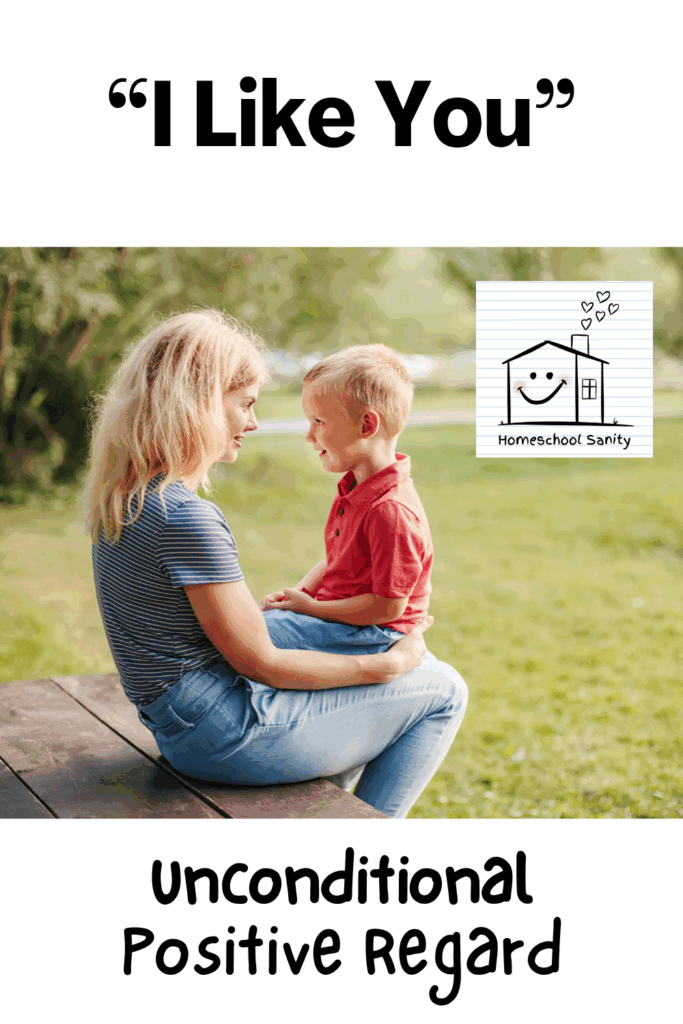My husband and I teach a Sunday school class with many second-grade boys (heavy on the many). One of them is an energetic delight. He never stops moving. His dance moves during worship songs are big and bold. His comedic timing and accompanying facial expressions are priceless.
But if he is sternly corrected for his exuberance, the smile disappears. What's more, he doubles down on the displeasing behavior. No doubt this little guy has heard lots of expressions of disapproval and frustration with his enthusiasm for moving and talking.
This past Sunday when our class was especially full and challenging to manage, I saw the pattern emerge again. My overwhelmed husband asked our little dynamo to stop a distracting behavior. The edge in my husband's voice was unmistakable. The boy glowered and continued his disobedience.
The week before class I watched the documentary about John Candy called I Like Me. In the film, viewers are introduced to a man who experienced a childhood tragedy never addressed. Then we see a man who is repeatedly mistreated because of his coping mechanism of choice: food. The crestfallen look on his face when interviewers mention his weight made my heart ache. What left me undone was the scene from Planes, Trains, and Automobiles in which Steve Martin tells John's character that he is so repugnant, no one would want to be with him. John's character, deeply hurt, responds, “I like me.”
Unconditional Positive Regard
Carl Rogers is the psychologist who theorized that people couldn't change unless they experienced unconditional positive regard. In other words, people need to know they are liked apart from any problem behaviors. Rogers didn't believe that every action was acceptable, but that we treat every person like they are.
With Rogers and Candy top of mind, I talked with our young student privately. I looked in his eyes and said quietly, “I like you.” It was true and he knew it. I asked him if he could participate as we'd requested and he responded immediately.
If this young man's need for unconditional positive regard ran deeper, he likely would have required more proof that I liked him. It may have taken several classes of positive interactions with me for him to cooperate.
After class, my husband and I discussed what happened. I realized that I had spent the first part of class doing the easy job of checking students in while my husband did the difficult work of directing the boys. We agreed to swap roles next time. We also agreed to make sure we are expressing our genuine regard for our students, even as we set standards for behavior.
I wish I could say that I gave my children unconditional positive regard during every one of the crazy, busy, frustrating days of homeschooling. I did not. But I still like me. Having unconditional positive regard for myself allows me to share it with others.
Above all, keep loving one another earnestly, since love covers a multitude of sins. 1 Peter 4:8
To receive these posts via email and get the weekly sanity savers, subscribe here.
